We, the Music (1964)
Gênero : Música, Documentário
Runtime : 1H 6M
Director : Rogelio París
Sinopse
A rare panorama of Cuban music and dance from the 1960s. Featuring legendary Cuban musicians as well as vibrant spontaneous performances, We Are the Music captures the mood and vitality of Havana during its golden period.
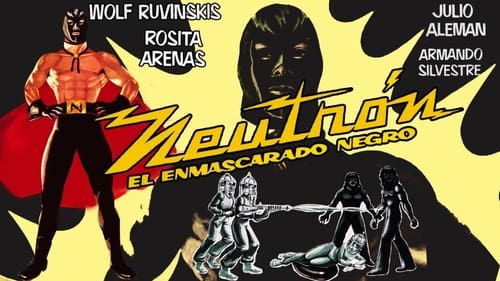
Dr. Charon and his group of mad scientists built a neutron bomb with trying to blackmail the free world for global power. But the hero appears, Neutron, who, with the help of Dr. Thomas and reporter Nora spoil those plans.
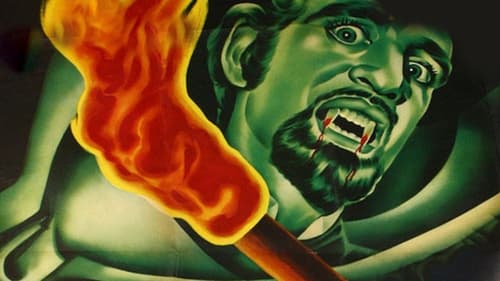
Vampire hunters track down a vampire and attempt to steal the ashes from his coffin in order to stop him from reviving nightly.

In this East German film, the third one in The Third is Margit's third lover. After her mother's death, Margit has two affairs which don't work out, and one lesbian friendship which she retains. She is looking for a husband, though, and thinks she has spotted a candidate in her fellow factory worker. As she contemplates marrying him, her story is told in a series of flashbacks.

Otto Scheidel (Manfred Krug) has been captain of the Elbe steamer Jenissei for over twenty years, but his ship, the last of its kind, is going to be converted into a floating restaurant. Otto, whose his strong attachment to the ship has already cost him his relationship with his girlfriend Caramba (Renate Krößner), refuses to take another job and instead joins a railway construction brigade.

Shiro and Keita didn’t manage to enter university and are stuck in their hometown delivering newspapers. Shiro persists on finishing a film they started, but Keita is not very enthusiastic.

Brief, fragmented memories of Rohmer spoken by Godard, while the screen shows various titles of articles Rohmer wrote for Cahiers du Cinema.

Uma noite, os trabalhadores de uma fábrica de elevadores em Portugal veem as máquinas serem colocadas em furgões e levadas. Sem conseguirem impedir a ação, eles questionam os patrões, e descobrem que os equipamentos estão sendo transportados a fábricas mais baratas. A intenção é fechar o local, deixando dezenas de trabalhadores desempregados. Começa a luta do grupo para manter seus empregos, sua dignidade e questionar o sistema que permite que essa situação aconteça.
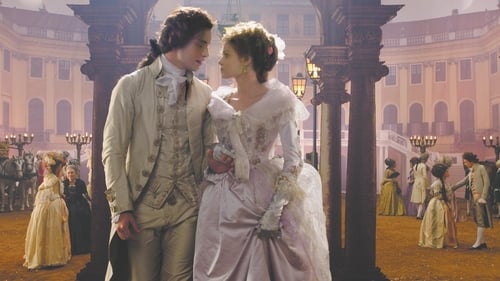
Um livre retrato do poeta italiano Lorenzo da Ponte, autor do libreto de Don Giovanni, amigo do libertino Giacomo Casanova e, ao mesmo tempo, um artista que vivia na dissipação. Da Ponte, um judeu veneziano convertido por obrigação ao cristianismo e que foi expulso de Veneza pela Inquisição, conheceu Mozart em Viena, trabalhando com ele na peça de teatro e lírica encarregada pelo rei austríaco, depois do sucesso de As Bodas de Figaro.

Accompanied by the insistent shrilling of an alarm clock and by two love songs, a young man struggles to wake up.
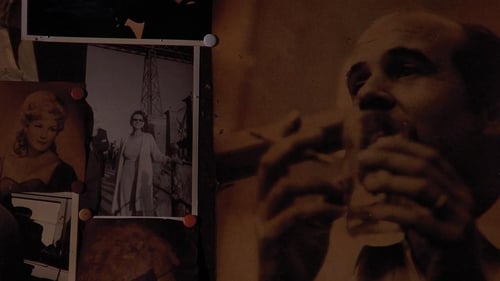
Uma homenagem ao cinema a pretexto da extraordinária vida de João Bénard da Costa, director da cinemateca portuguesa durante 18 anos mas também actor, cinéfilo, escritor inspirado e leitor criativo. Esta é uma inusual biografia que conta a vida do homem através dos seus amores, medos e contemplações, impressas na arte da pintura, do cinema e literatura.
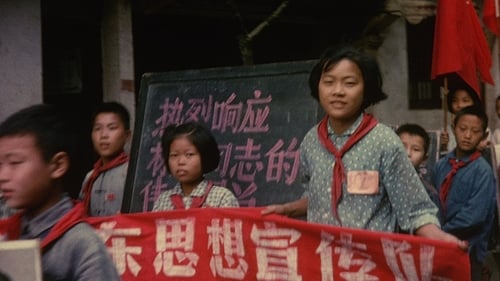
As imagens, todas elas de arquivo, revelam não só o estado de espírito das pessoas filmadas – alegria, encantamento, medo, decepção, desalento – como também a relação entre registro e circunstância política. O que se pode dizer de Paris, Praga, Rio de Janeiro e Pequim a partir das imagens daquele período?

Sune, a dropped out theology student who also is the son of a priest, meets Viveka in a church. The two connect via a theological discussion and eventually get married. As the years pass, Viveka grows more and more emotionally unstable due to jealousy and religious anxiety. Sune accepts Viveka's mental problems and, instead of seeking help for his wife, obeys her increasingly bizarre commands.

HIGH SCHOOL II is a film about Central Park East Secondary School (CPESS), a successful alternative high school in New York's Spanish Harlem, 85-95% of whose graduates go on to four year colleges. The film illustrates the school's emphasis on the “Habits of Mind” program (weighing evidence; awareness of multiple points of view; seeing connections and relationships; speculating on possibilities; and assessing values.) Sequences illustrating the school's approach to learning include: classroom activities in the humanities and sciences; family conferences; discussions of race, class, and gender; faculty meetings; disciplinary problems; sex education; conflict resolution by students; and student council meetings.

An anthology film following different stories around the theme of invisibility in the modern world.
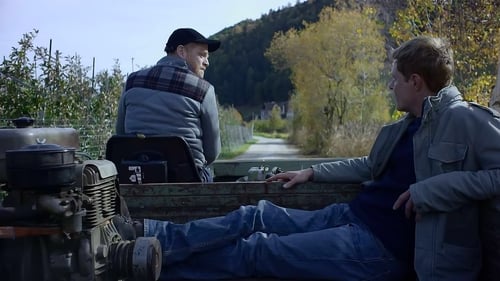
Albert (Andreas Lust) cresceu isolado em uma fazendo nas montanhas dos Alpes. Mesmo com 30 anos, sua mãe ainda controla as rédeas da sua vida. Por pressão dela, ele deixa a fazenda e passa a morar em um vale próximo e a trabalhar em uma mina de mármore. O desejo de Marianne (Ingrid Burkhard) é proteger o filho de levar uma vida solitária e pobre nas montanhas, estando disposta a romper com as tradições da fazenda. Quando o pai de Alvbert morre acidentalmente, Marianne teme que o filho passe a assumir o pai dele na fazenda. Ao invés de avisá-lo, ela enterra o corpo nas montanhas e decide esconder a verdade de Albert.
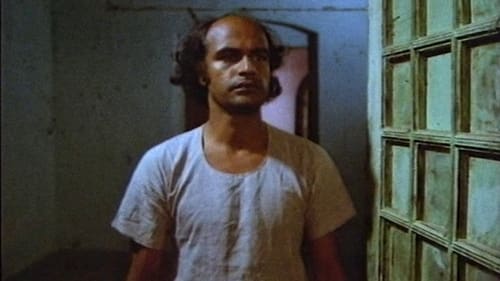
Taking an experimental approach to the relationship between the written text and moving image, Mani Kaul has a series of texts read aloud in voice-overs (poetry, essays, and stories), while the characters within the texts walk through real or imaginary landscapes.












